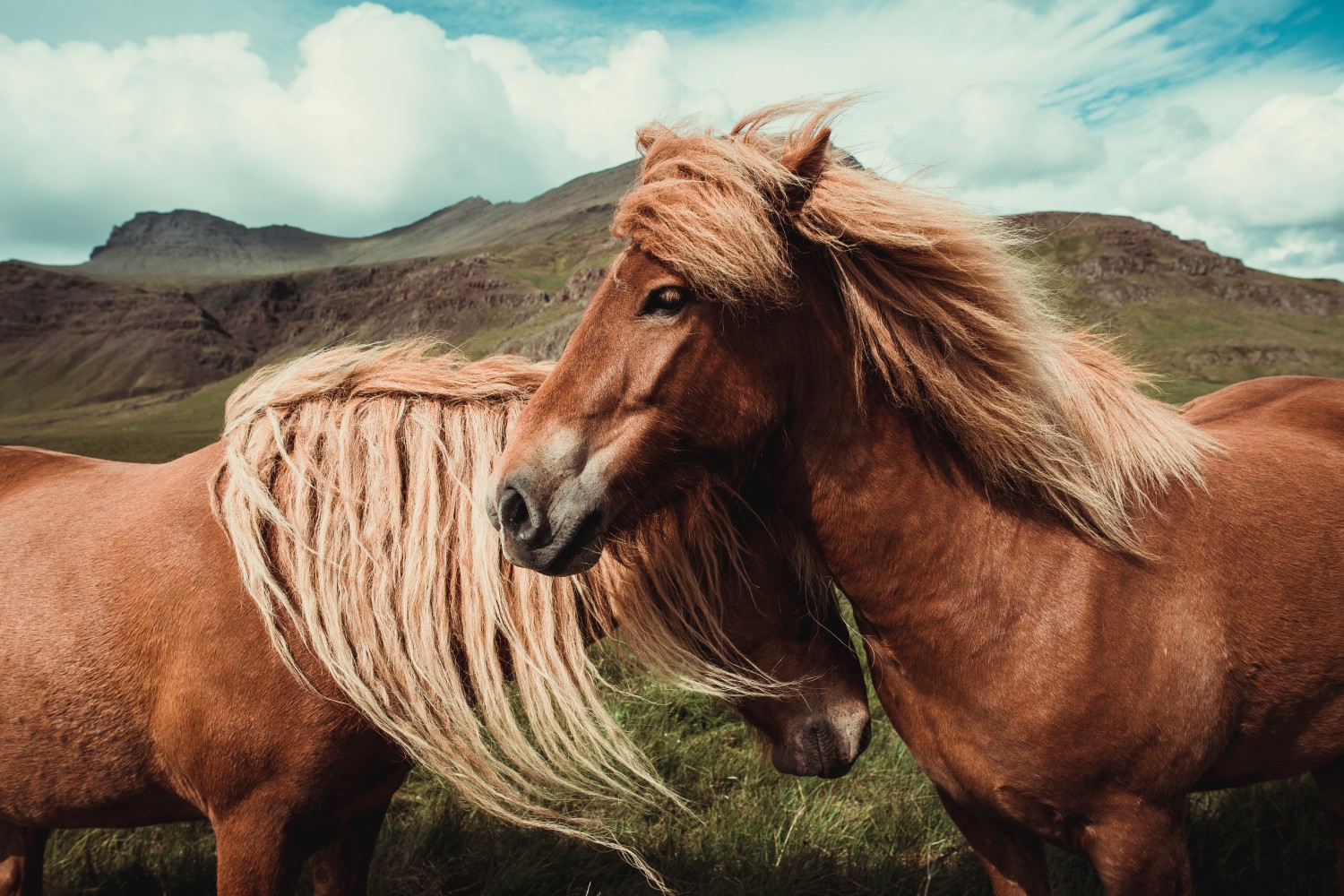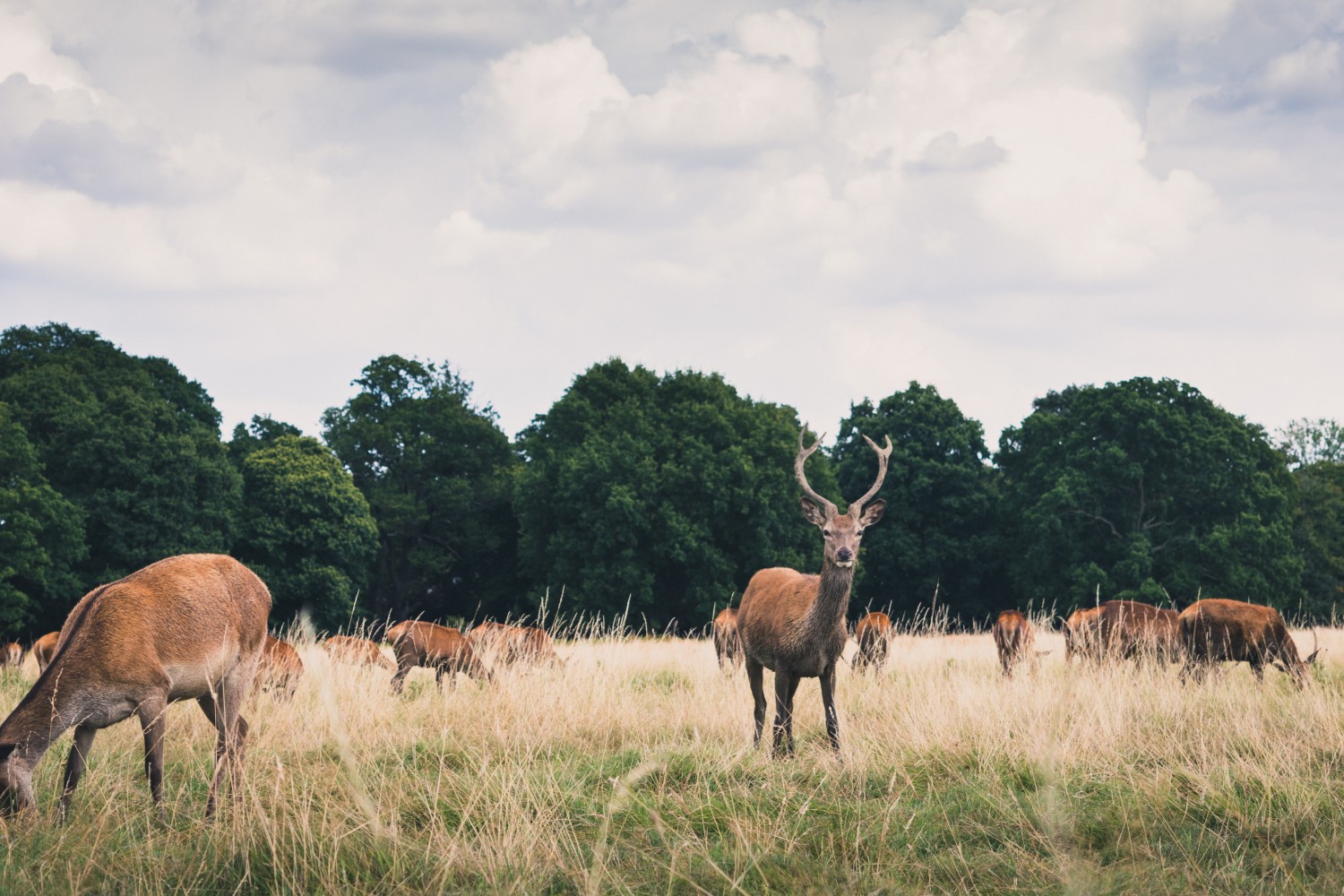Animal Welfare Needs
Posted 2nd Aug 2020
Animal Welfare Needs

Did you know around 88% of the UK currently consume meat as part of their daily diet. This means only around 12% of the population don’t. Out of this, vegetarian is the most popular diet at 7%, whilst Pescatarian and Vegan diets account for the remaining 5%.
Consequently, as a nation we consume around 5.5billion KG’s of meat every year!
That is a lot of meat and in turn, a lot of animals required to satisfy demand. So isn’t it important that at the very least, we should attempt to find out and understand where our food comes from and what animals have to endure in order to provide us with meat in our diets?
The human species eating meat has been part of the food chain since as far back as we can remember. On the surface we should have nothing to feel guilty about, however, what has not always been in place are the rules, laws and legislation that protect the health and welfare of animals - specifically those that are slaughtered for food supply.
Meat eating in itself is widely accepted around the world, in particular Western society. So as a first world country such as the UK, are we doing enough to protect the welfare of our animals- whether that be domesticated, wild or livestock bred for food supply?
The top six farmed animals in the UK are:
Chickens (also producing eggs)
Cows for Beef (also producing milk)
Fish
Pigs for Pork
Rabbits
Turkeys
So if these are six of the largest contributors to our food supply, what preventative measures and safeguards do we have in place and are they sufficient?
In 2006 the Animal Welfare Act was introduced to the United Kingdom. This is to protect domesticated animals from any form of suffering and making the people who cause this take responsibility for their actions.
‘Section 9 of the Animal Welfare Act places a duty of care on people to ensure they take reasonable steps in all the circumstances to meet the welfare needs of their animals to the extent required by good practice.’
The 5 welfare needs all animals are entitled to are:
1. Freedom from hunger and thirst. Every animal should have access to fresh water and a healthy diet.
2. Freedom from discomfort. Every animal should have a comfortable environment to live in with adequate space, shelter and fresh air.
3. Freedom from pain, injury or disease. Any animal that needs medical attention should have access to suitable treatment.
4. Freedom to express normal behaviour. All animals should be allowed to exhibit natural and instinctive behaviours with the necessary space to do so.
5. Freedom from fear and distress. In no way should an animal be put under duress of being fearful and should be treated accordingly to prevent distress.
If these needs are not met, animals are protected and can be removed for their health and wellbeing. This can result in prosecution to whomever is involved, from a fine, ban from keeping animals or in some cases imprisonment. For cruelty and negligence, the person involved could be looking at a 51 week jail term, a lifetime ban from owning animals and fines of up to £20,000.
Animal Welfare in the UK for Wildlife
The two largest acts that protect wildlife in the UK are The Wildlife and Countryside Act of 1981 and Wild Mammals (Protection) Act of 1996.
These acts make it illegal to cause any harm or inflict any pain or suffering on any type of wildlife. They also help in conserving natural habitats and environments for protecting wild species in Great Britain.

Animal Welfare Worldwide
Across the world guidelines for animal welfare change depending on countries and species. The top 7 strictest animal welfare laws are listed below.
Hong Kong
Hong Kong welfare laws recognises abuse, neglect, inappropriate transport and fighting as cruelty to animals. Anyone to violate this can face a fine of 200,000 Hong Kong Dollars and imprisonment of up to 3 years.
Denmark
With specific provisions for farm animals under Denmark’s Animal Welfare Law, it includes it being prohibited to slaughter animals.
Sweden
Swedish animals live in the most enriched environments compared with other countries. Wild and domesticated animals have legal protection for their welfare. Farm animals must have access to outside and room to venture and all domesticated animals are entitled to sedation if they are to be slaughtered.
Austria
At the top of the list is Austria with it being one of the best countries for animals in the world. The Austrian Animal Welfare Act of 2004 values animal life equal to humans. The anti-cruelty law is one of the strictest in Europe.
Switzerland
Determined to improve living and working conditions for animals, similar to Austria, they recognise the dignity of animals. In 1992 their law forbade anything that could be regarded as degrading to the dignity of any creature.
Germany
The first country in the European Union to give animals constitutional protection. Germany state takes responsibility for all animal life in protecting it in the interests of future generations.
Netherlands
Including farm animals, the Netherlands Animal Welfare Act protects animals from cruelty and makes sure that they have the duty of care they are entitled to. They also abide by the EU Animal Welfare Rules in not testing cosmetics on animals.
How can supporting local brands help Animal Welfare?
Sustainable and Ethical Food Production
Going down to your local Farmer’s market or village shop will always be the most ethical way to purchase your food. However, larger companies have put in place better and more sustainable practices for if these aren’t available to you. By choosing Free Range, RSPCA Approved, Red Tractor and checking the country of origin, you can help to improve standards of animal welfare.
PETA Approved
People for the Ethical Treatment of Animals (PETA) is the largest animal rights organisation in the world. Whenever this logo appears on a product you can be sure that no animal has suffered in any way for its production.
Cruelty Free and Vegan Certifications
The Cruelty Free logo assures you that no animal suffered for the making of a product however a Vegan certification means that a product contains no animal derivatives and therefore no animal has come to any harm in the making.
Here are some resources for further reading on the topic:
● The Compassionate Food Guide
This beautifully designed short PDF is an easy guide to assurance schemes and how you can support animal welfare when food shopping with any budget.
https://assets.ciwf.org/media/7432869/compassionate_food_guide_web_download.pdf
● Eating Better
The call to action for the government to promote a healthy and sustainable diets policy in the UK and why.
https://www.eating-better.org/uploads/Documents/EB-policybriefing14-web.pdf
● Forks Over Knives
This isn’t for the faint hearted. If you want to know all the things you don’t want to know about animals in the food chain, this documentary bares all.
https://www.forksoverknives.com/the-film/
● Good Food
If you want to make a difference by changing something small, just head over to your favourite recipe source and pick something vegetarian or vegan. If the population ate one meat free meal a week, it could annually save 1.4 billion animals.
https://www.bbcgoodfood.com/recipes/category/vegetarian
● Nando's
Nando's have announced a new chicken welfare commitment. Check it out here-
We conclude that the UK as a nation isn’t the worst when it comes to animal welfare, however it is also clear that we could do more - a lot more.
When we consider things like battery hens for egg production or cattle transported on cramped haulage lorries, when it comes to managing livestock as part of a food supply, it’s cruel and unnecessary.
Ideally we would like to see ourselves modelled on countries such as Sweden, Austria and Switzerland as they have some of the best, most humane systems and practices in place across the world. Meat is part of a huge majority of people’s diets and also plays a huge part in our economy. To cut it out altogether is perhaps unrealistic.
If we all make steps to change our daily habits to support healthy welfare practices, we can help to be part of the change for animal rights. We can instill these practices and educate the next generations to follow these actions and make the world a safer and healthier place.
If more of us make an extra effort to educate ourselves on topics such as this, then hopefully one day we can make our world, or at least our nation a better, safer and happier environment for all animals to live in.
